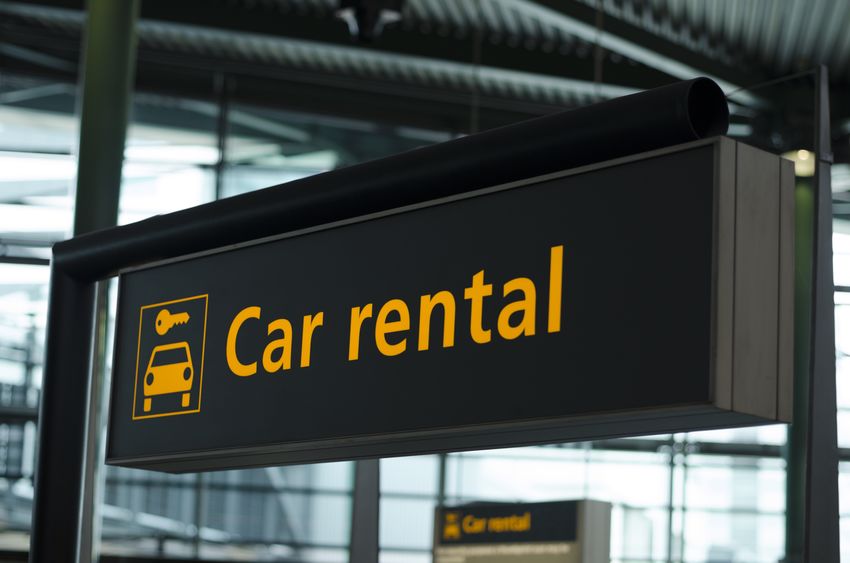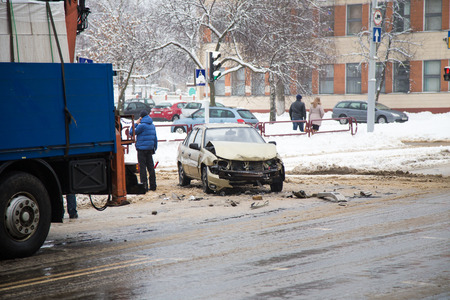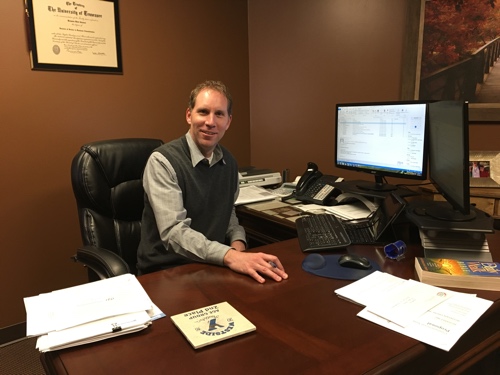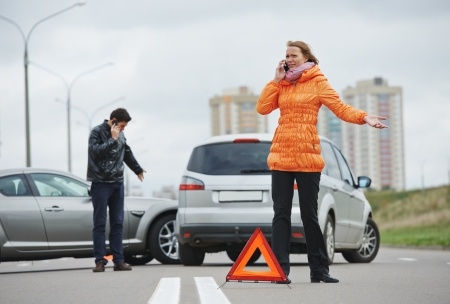If you’ve ever rented a car before, then you know that one of the questions you’ll get asked is if you want insurance. For many people, this may seem like an unnecessary expense, but is that really the case?
While there may be some situations when rental car insurance might be superfluous, it’s usually a good investment. Let’s go over some considerations you should think about before you automatically decline the extra fees.
Understand Your Personal Auto Insurance
One of the primary reasons you won’t want to get insurance from the rental company is if you already have coverage. In some cases, your policy may include rental cars, which means that you’ll be paying twice for the same thing. However, you’ll want to speak to your agent to be sure that you’re getting the right protection for your trip.
For example, some rental companies may charge additional fees if the car is damaged, so you want to make sure that you’re covered for those as well.
Protection for Personal Items
Chances are that you’re bringing stuff along for the ride, which may include valuables like mobile devices and luggage. Are your items already protected by your homeowner’s or renter’s insurance policy? If not, then you probably want to get covered by the rental company in case of loss or theft.
Credit Card Protection
Did you know that your credit card company may be able to cover some of the repair costs of an accident? You’ll want to call them to see what situations they’ll protect against. In some cases, you may not need additional insurance because your credit card provider will handle the bulk of any expenses. Typically, though, they will usually reimburse you for your deductible, as well as handle any property damage, but not personal injury costs.
Other Circumstances
If your car rental is not “normal,” then you may want to get some additional coverage. Some examples of unique situations may be if you rent an exotic car, or if you’re in another country. In these situations, you want to see if your current insurance will protect you. If not, then it’s worth the extra per-day expense. Also consider things like business trips, which may be covered by your company’s insurance plan.
What Insurance Options are Available?
Finally, when considering whether to buy insurance from the rental company, you will want to see which options they have. Some examples include-
Loss Damage Waiver – covers damage to the car, as well as theft. It can also include expenses related to loss of use.
Liability Protection – coverage in case you are sued by someone involved in an accident.
Personal Accident Insurance – you and your passengers are protected, including any medical bills related to your collision.
Personal Effects Coverage – if your stuff is lost, stolen, or damaged in the vehicle, you may be reimbursed.
Overall, you want to take the time to figure these things out before making a final decision. Ideally, you’ll contact Bob Johnson Insurance before your trip so that you can see what type of coverage you have. This way, you’ll be ready to answer the rental clerk immediately and save money.





